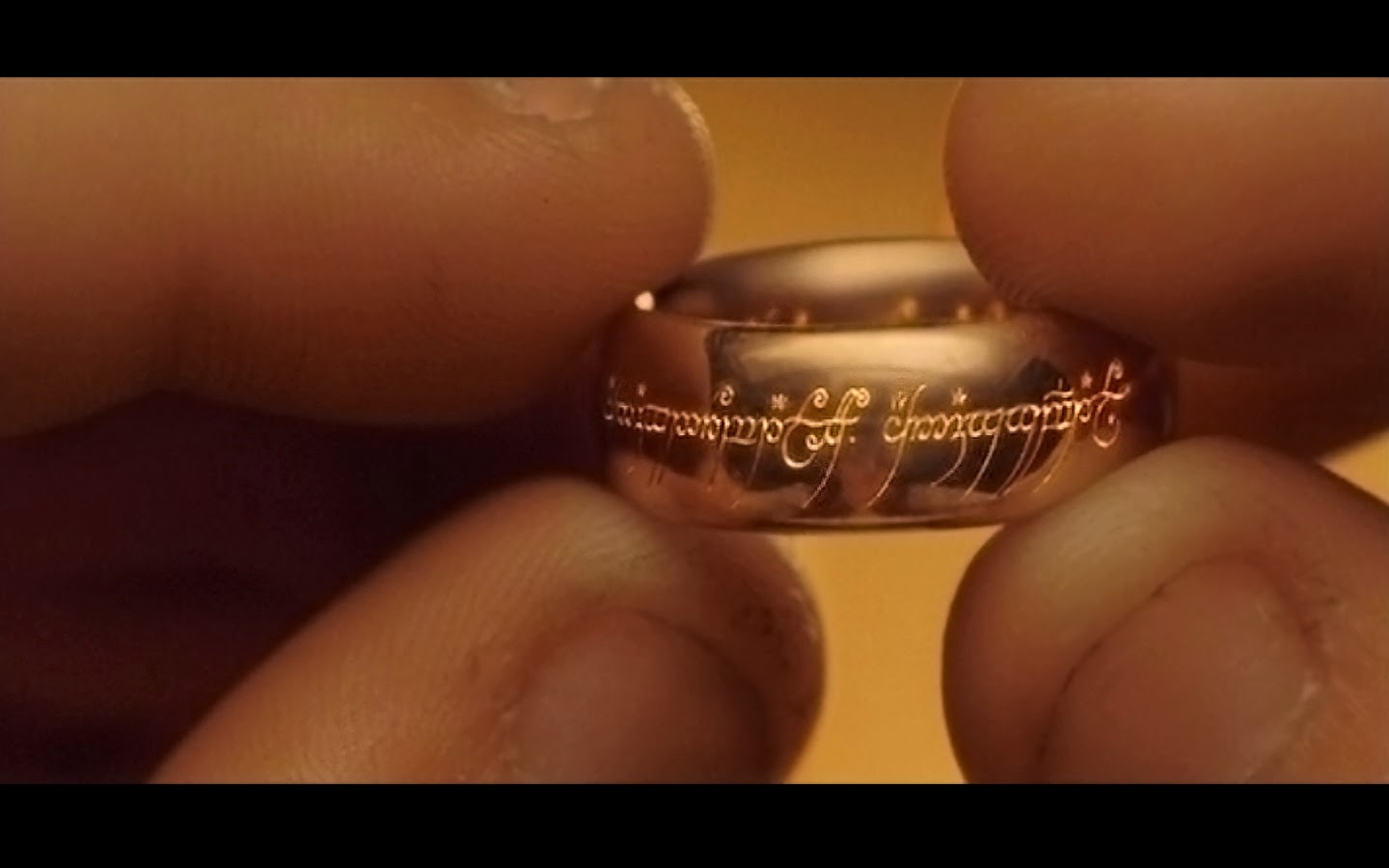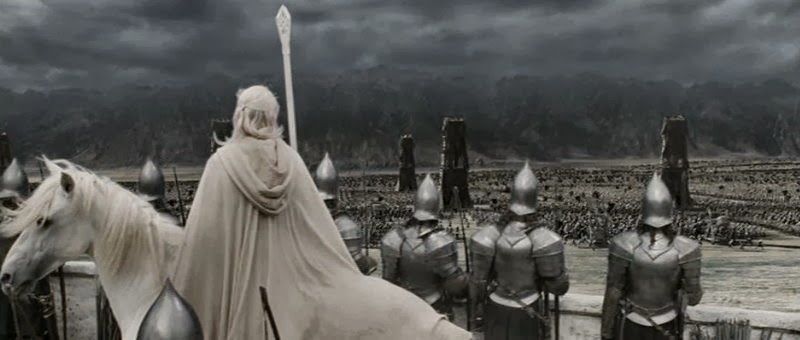 |
| Dat lustrous glow. |
Everyone's looking for a reason to expand; don't give them the opportunity to do so in the name of justice.
2. Remember that in Statecraft, self-interest necessitates cooperation
 |
| And my axe! |
In order for your country to succeed, the international system must also succeed. The only exception is when one conqueror takes over the world, but Statecraft is not Middle-Earth. Global domination is not a viable strategy going into the game. You should try to build trust with any and all countries, and cut off any who commit actions that make them untrustworthy. A country without integrity will not survive.
3. Socialize with your government and other governments.
 |
| Your problem, Gandalf, is that you're insufficiently white. |
Avoid alienating groups simply because they have gone the route of communist totalitarian or dictatorship, as such nations will be invaluable if diplomacy starts turning ugly. Do not, under any circumstances, practice isolationism; it hurts your score along with everyone else's. Channel your role-playing abilities from DnD and actively participate in international organizations.
4. Plan your actions well in advance.
 |
| "No army has ever breached the deeping wall or set foot inside the Hornburg." - Théoden |
5. Locate potential threats and gauge how dangerous they are.
 |
| Video-conferencing never really caught on in Middle Earth. |
If they're building up an army and they do not have a good reason for it, you have to report them to the UN while also building up your own military in case they go for a pre-emptive strike, especially if they share a border with you. The size of army you build should depend on how much you trust the UN to come to your aid in time. But most importantly, never forget the diplomatic route; it always has priority. Don't let your itchy trigger finger get the best of you. This is where you light the beacons and call a military dictatorship ally to your aid.
6. Maintain a small militia at all times.
 |
| Giant statues are also a worthwhile defensive investment. |
There is, of course, no need for nukes. Doing so greatly upsets the international system and promotes fear and brinksmanship, which is bad for politics and your country's survival. Since your job is to cultivate an international system, not destroy it, nukes are counter-productive.
Defensive structures are far stronger than offensive structures so invest in those and combine them with a skeleton crew of troops to maximize effectiveness. Especially pacifists. Reinforce your defences as soon as you become aware of a country building up fire power but first seek a diplomatic solution (because you're not an asshole and wouldn't engage in a preventive war or something silly like that without UN authorization now would you?).
7. Warfare is a last resort, and should be when all diplomatic avenues have been exhausted.
 |
| We're fucked. - Gandalf, The Return of the King |
If you really, really have to fight and work off your excess testosterone, wait until after the Ice Mountain issue is resolved, because that thing is a huge pain in the ass if you let it snowball (pun intended) out of control. With that taken care of, you'll have more resources to devote to building armies.
Conflicts are not solved by building up armies and building alliances, however. That merely escalates tensions. Make arrangements for both of you to create a disarmament pact to avoid any spark lighting the powder keg.
8. Big Projects are important, but not your main goal.
 |
| When you're not sure how to properly counter an overwhelming force, charge straight at them. |
8. Deal with Global Issues before they fuck everyone over.
 |
| Mordor was responsible for 90% of all harmful emissions during the Third Age. |
Easier said than done, but in order to deal with these goals the UN needs to be active or else it's useless. People know that the UN should be kept alive, but sometimes they need to be reminded. Make sure you're vocal about it.
9. Play to your country's strengths.
 |
| A dead tree is not the most threatening national symbol you could choose. |
10. The Manual will tell you everything, and it will tell you nothing.
 |
| The one thing you don't want to be doing with the manual is going There and Back Again. |
Let other countries make the errors, and learn from them. Then proceed to make the right choices. Be as diplomatic as you can, make decisions slowly and only after careful calculation. Pay attention to the news feed. Make sure you're following on all the things happening, even if it is a lot of information. If you fail to notice key bits of info and take them into account before a turn ends, they will come back to bite you in the ass down the line.



